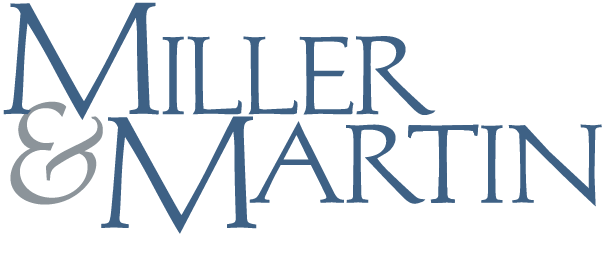Tariff Q&A by Miller & Martin's Italy Liaison Attorney Ryan Kurtz Published by Milano Finanza Newswire
May 03, 2025
As first published in Italian by Milano Finanza MF-Newswires on May 3, 2025
Italian SMEs Protect Themselves From Trump By Negotiating Their Contracts
The tariff storm started by Donald Trump has affected the international relationship between Italian companies and their American counterparties. Ryan Kurz, partner of Miller & Martin, law firm with over 150 years of history and offices in Atlanta, Chattanooga, Nashville and Charlotte, in an interview for MF-Newswire explains the best strategies to put in place.
1. How has your work changed since Liberation Day?
We’ve seen a significant increase in matters related to tariffs. Many of our international clients, especially Italian companies, are reassessing their strategies for the U.S. market. Some are exploring the option of relocating part of their manufacturing capabilities to the U.S., opening new facilities, or renegotiating their existing agreements to better adapt to this new phase.
2. What is the best operational strategy at this stage?
There’s no one-size-fits-all answer. Each company needs to conduct a thorough cost-benefit analysis before deciding how to approach foreign markets such as the U.S. Key considerations include the duration of the tariffs, setup timelines, and logistical implications. Companies should also explore strategies to mitigate tariff liability—such as reducing the declared value of goods, transfer pricing, or leveraging contract manufacturing arrangements within the U.S. These are complex decisions that must be tailored to the company’s specific situation and goals in the U.S. market.
3. What are your thoughts on Trumps strategy regarding tariffs?
Regardless of political views, this approach has undoubtedly introduced a significant level of uncertainty into international trade. For companies, this means more unpredictability in planning, pricing, and long-term investment decisions, which can be disruptive and destabilizing.
4. How many requests for assistance have you had since the beginning of the tariff crisis?
We’ve seen a notable increase in inquiries from clients, many of whom are reassessing their contractual obligations and liability for tariffs. This uncertainty has prompted a reevaluation of whether and how these increased costs can be shared between buyers and sellers.
5. Regarding existing contracts, what contractual clauses should Italian companies pay more attention to?
Key clauses include:
- Incoterms, which determine the responsibilities for shipping and customs duties
- Tax and customs liability provisions, which should clearly define who bears the cost of tariffs
- Force Majeure, to account for unexpected disruptions in trade
Paying close attention to these clauses is essential for minimizing legal and financial risks.
6. Are there any negotiating tools to share these new costs with the U.S. counterpart?
Absolutely. First, companies should review existing contracts to determine who bears tariff liability. Then, take a proactive approach—open a dialogue with your business partners and explore whether there’s room to share or redistribute the cost. These conversations should happen as early as possible to avoid future disputes or surprises.
7. For contracts to be signed, what accommodations will Italian companies have to try to minimize the impact of the tariffs?
The ideal solution is to clearly allocate tariff responsibility in the contract. Contracts should also include clauses that address possible tariff increases between the signing date and the shipping date. In some cases, companies can explore creative cost-sharing mechanisms. The key is to ensure contractual clarity to avoid ambiguity later on.
8. For companies that market products in the U.S. is it worthwhile to open a U.S. distributor subsidiary today?
It can be a smart move for companies aiming to strengthen their U.S. presence. While it doesn’t eliminate tariffs on imported goods, having a U.S. subsidiary offers greater control over distribution, branding, and client relationships. Though it comes with higher costs, it’s often a more efficient model—your sales team works exclusively for you and can be based near key customers. The Southeast, particularly Atlanta, is a strategic location due to its lower costs and strong infrastructure.
9. Let's talk about the repatriation of profits. What are the risks Italian companies face and how can they be mitigated?
Repatriating profits must be carefully planned to avoid unnecessary tax exposure. It’s crucial to work with a knowledgeable tax advisor experienced in international structures to select the right type of legal entity and to design a tax-efficient structure. The U.S. entity should be treated as an independent company—not a branch—by both U.S. and Italian authorities. This may include having American personnel on the board of directors and ensuring operational autonomy. Failing to do so may result in the profits being taxed under the Italian corporate tax regime, significantly impacting profitability.


